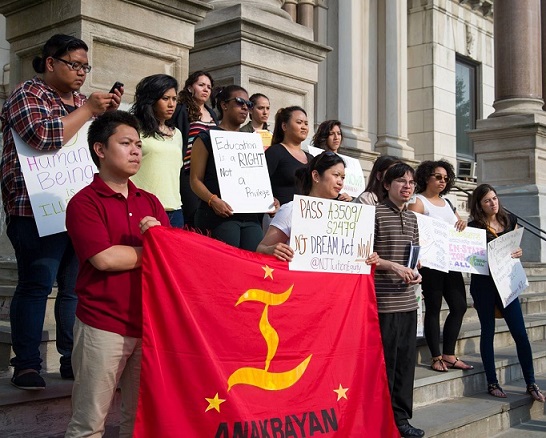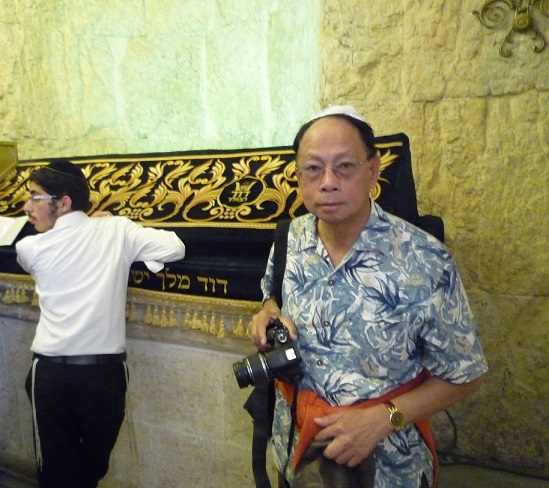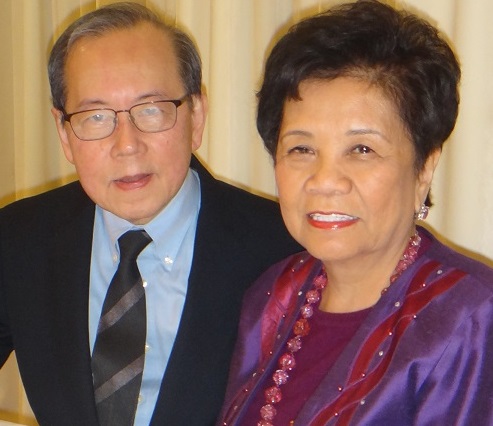Sheila Coronel says Newsweek business model is ‘obsolete’
By Cristina DC PastorInvestigative journalism is finding itself increasingly orphaned by dwindling funds and the evaporation of support by major news organizations that are becoming leery of lawsuits and pressure tactics.
Sheila Coronel, the executive director of the Stabile Center for Investigative Journalism at Columbia University, said that despite the increase of investigative journalism outfits today, the resources available to them are shrinking and this may adversely affect the strengthening of democratic institutions.
“You build democracy step-by-step, one document at a time,” she said in remarks before the Kapihan forum of the first Filipino American Press Club of New York on January 25th at Pan de Sal Coffee Shop.
The infrastructure of investigative journalism, such as the Freedom of Information Act in the U.S. and the pending FOIA legislation seemingly stuck in the Philippine Congress, are necessary to ferret out public documents to support investigative reporting.
“There are now 106 investigative reporting groups worldwide. When we started PCIJ in 1989, there were hardly any,” she said. “But can they be sustained?”
Sheila also shared her thoughts on recent developments in media, such as the death of Newsweek and the reported dissolution of CNN’s investigative reporting division, which was treated as a half-serious gag on the “Daily Show with Jon Stewart.”
She said Newsweek’s journalism ‘business model’ is “obsolete,” in view of the speed offered by the Internet.
“Why would I read Newsweek about China when I can read (an English language Chinese newspaper) and get their perspective” without having the reports “filtered” by Newsweek?
“Do I grieve for the loss of Newsweek? Not really,” Sheila added.
As for CNN, she said the cable network has been searching for its business model especially at a time when it has been finding difficulty competing against Fox News or MSNBC and a plethora of Internet sources of news.
Sheila said journalists can still push watchdog reporting forward by “carving out your own space,” such as setting up blogs and publishing independently.
She said investigative journalists “have to start thinking entrepreneurially,” given the difficulty in finding investors who would support this area of journalism.
Sheila founded the Philippine Center for Investigative Journalism in 1989 and was its executive director for 17 years. The PCIJ became known for its series of in-depth reporting on poverty and corruption in government. Their stories were published by Philippine newspapers.
In 2006, she was offered to head the Stabile Center, which trains journalism students in investigative reporting and supports their projects financially. The articles are published in newspapers. In 2010, one of her students did a report on the use of steroids by some New Jersey police officers and firemen. The series was published by the Star-Ledger, prompting an investigation by the state.
————————————————————-

The chocolate for anti-aging, weight loss and energy.
For more information, click here.
 FANTASIA FLORAL DESIGN for flower orders that will Impress that special person in your life this Valentine’s Day or for any occasion. Click here to order your Valentine gifts
FANTASIA FLORAL DESIGN for flower orders that will Impress that special person in your life this Valentine’s Day or for any occasion. Click here to order your Valentine gifts












